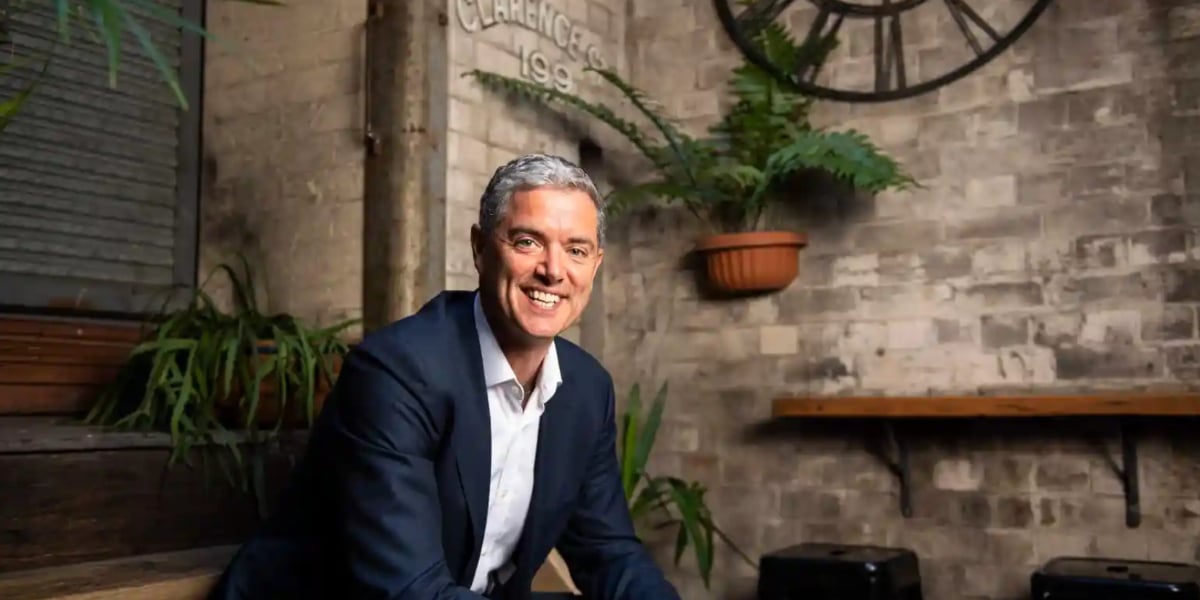Jay Leno: Late-Night Politics is a Turn-Off – Aussies Want Laughs, Not Lectures

Veteran comedian Jay Leno, a legend in late-night television, has weighed in on the current trend of overtly political humor dominating the genre. In a recent interview, Leno argued that audiences are increasingly alienated by partisan commentary disguised as entertainment, suggesting a return to more universal, non-political comedy is what viewers truly crave.
Leno, who hosted The Tonight Show for over two decades, built his career on a foundation of observational humor and relatable anecdotes, steering clear of divisive political topics. He believes this approach resonated with a broader audience, creating a space for shared laughter regardless of political affiliation. “I don’t think anybody wants to hear a lecture,” Leno stated, highlighting his core philosophy.
The current late-night landscape is markedly different. Shows hosted by figures like Stephen Colbert and Trevor Noah have become known for their sharp critiques of political figures and policies. While these shows have garnered significant attention and a dedicated following, Leno suggests this focus may be inadvertently limiting their appeal. “You’ve got to be careful,” he cautioned. “You can’t just alienate half the country.”
Leno’s perspective is particularly relevant in the Australian context, where audiences have traditionally favoured a more light-hearted and less politically charged style of comedy. While political satire certainly has its place, many Australians appreciate entertainment that provides an escape from the daily grind and a sense of shared community. Think of the enduring popularity of comedians like Paul Hogan, who built his career on relatable Aussie humour, devoid of overt political messaging.
The debate over the role of politics in late-night television is ongoing. While some argue that these shows have a responsibility to hold power accountable and engage in important social commentary, others believe that their primary function is to entertain. Leno’s comments serve as a reminder that the most successful late-night shows are often those that prioritize laughter and connection over ideological battles.
Ultimately, Leno’s message is clear: give the people what they want – laughs. And while political commentary can be a part of the conversation, it shouldn't be the defining characteristic of late-night television. For Aussie audiences, this sentiment likely rings true, reinforcing the desire for entertainment that unites rather than divides.






